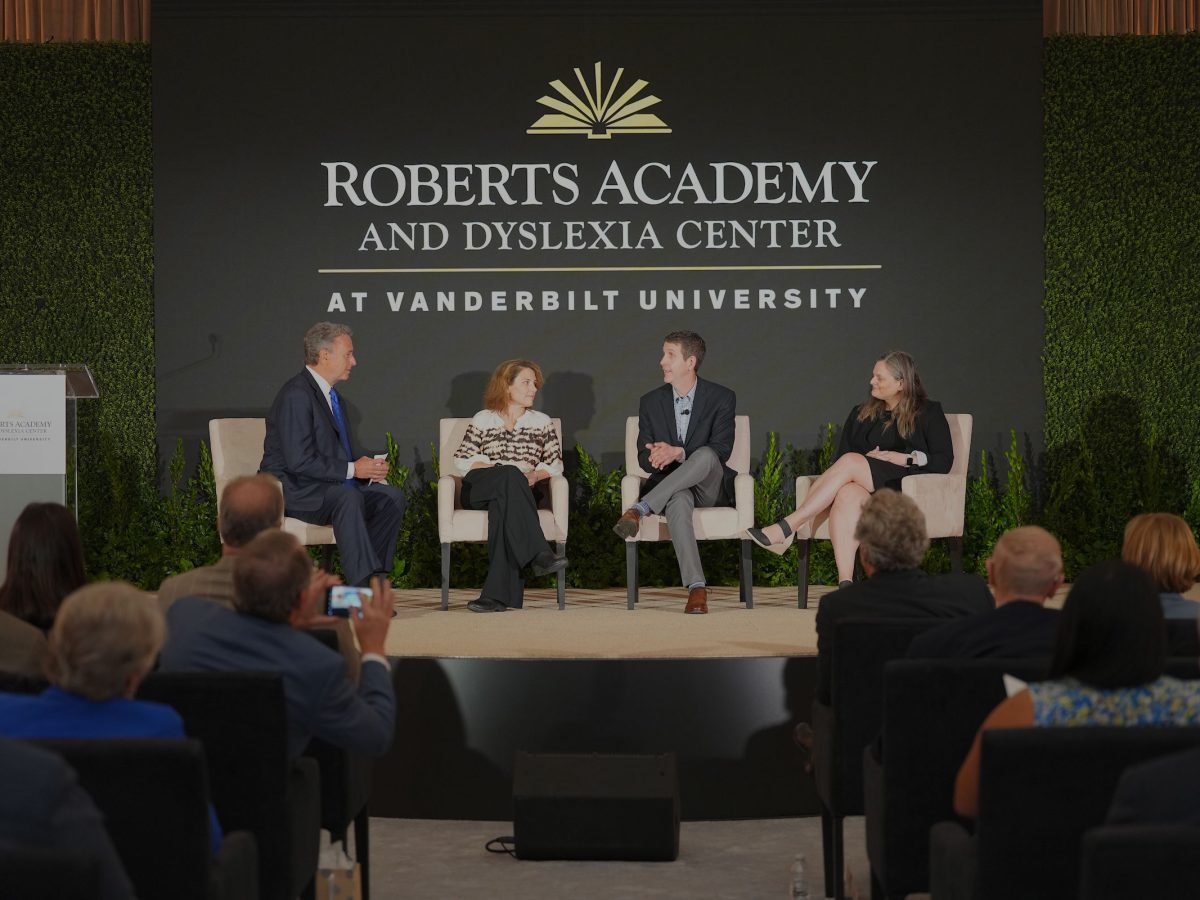Research
The Roberts Dyslexia Center will serve as an interdisciplinary hub to advance groundbreaking dyslexia research and best-in-class services in an on-campus facility with the latest technologies. The center’s collaborative structure will support faculty working in dyslexia, individually and collectively, on innovative interventions and assessments to improve the lives of children, youth and adults who struggle with reading and literacy.
The center will provide opportunities to "fine tune" existing research and to create opportunities to study lesser-known aspects of dyslexia. It will support novel research in areas such as early identification of dyslexia/dyslexia risk, addressing the needs of older children and adults with persistent reading difficulties, curriculum development, and practices to address some of the social, emotional and behavioral issues associated with dyslexia.
The Roberts Dyslexia Center will widely disseminate up-to-date information about discoveries and innovations to other researchers, educators, families and policymakers. We also plan to organize an annual dyslexia conference at the center to serve as an international nexus for dyslexia research.
Faculty at Vanderbilt’s Peabody College have been recognized by national and international organizations for their groundbreaking contributions to research in this area, and will continue to advance research through the Roberts Dyslexia Center. For example:
- Professor Marcia Barnes conducts research on the cognitive processes associated with difficulties in reading comprehension and mathematics in children with neurodevelopmental disorders and children at risk for or with learning disabilities.
- Professor Laurie Cutting's Education and Brain Science Research Lab focuses on understanding the neurological underpinnings of dyslexia and exploring methods for identifying students at risk for dyslexia. Cutting is currently investigating whether brain scans can be used to identify those who may struggle long before they try to learn to read, so that early preventive measures can be implemented.
- Professors Douglas Fuchs and Lynn Fuchs develop and study intensive supplemental interventions that improve the academic outcomes of students with dyslexia across grade spans.
- Professor Jeanne Wanzek conducts research examining effective reading instruction and intervention, with a focus on prevention and remediation for students with reading difficulties and disabilities.
These examples are just a glimpse of our renowned faculty's innovative work. Learn more about Vanderbilt University’s Peabody College of education and human development.
